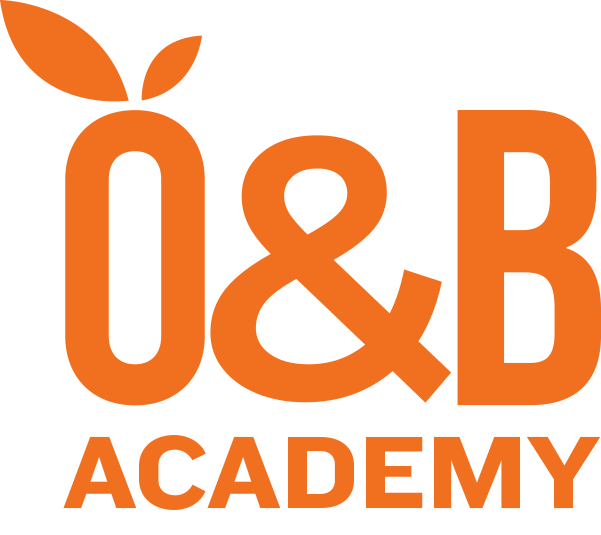Course Overview
Apache Spark is a versatile and powerful framework for processing and analyzing large-scale data. Its in-memory processing, distributed computing capabilities, and diverse libraries make it a valuable tool for a wide range of data processing and analysis tasks, spanning from batch processing to real-time streaming and machine learning.
Learning Outcomes
- Learning Spark will familiarize you with the concept of in-memory data processing and its advantages. You’ll learn how Spark leverages memory to speed up computations and iterative algorithms, resulting in significant performance improvements.
- You’ll learn techniques to optimize Spark jobs for efficiency, such as data partitioning, caching, and leveraging built-in optimizations. This knowledge is crucial for ensuring optimal performance in real-world scenarios.
- You’ll understand how Spark integrates with other big data tools and ecosystems, like Hadoop, cloud platforms, databases, and data warehouses. This knowledge is essential for building end-to-end data pipelines.
Course Outline
Day 1
- Introduction to Spark
- Spark vs X
- Spark vs Classic MapReduce
- Spark vs Hive
- Spark vs Pig
- Spark vs Sqoop
- Spark vs Flink
- Modern Big Data Stacks
- Airflow + Spark + S3 + Kubernetes
- AWS Redshift
- GCP BigQuery
- Azure Synapse
- Databricks
- Snowflake
- Architecture
- Driver
- Executor
- Nodes
- RDD
- Storage
- Lifecycle
- Working Group Formation
Day 2
- Spark SQL
- SparkSession
- DataFrames
- Local Files
- JDBC/ODBC Server
- CSV Files
- JSON Files
Day 3
- Parquet Files
- ORC Files
- Hive Tables
- Caching
- Join Hints
Day 4
- Spark Structured Streaming
- DataFrame
- State Store
- Sinks
- Triggers
- Checkpointing
Day 5
- Spark MLLib
- Data Sources
- Pipelines
- Feature Extraction
- Classification and Regression
- Clustering
- Collaborative Filtering
- Pattern Mining
- Model Selection and Tuning
- Linear Methods
Day 6
- Spark GraphX
- Property Graph
- Operators
- Pregel API
- Graph Builders
- Vertex and Edge RDDs
Day 7
- Spark Submit
- Spark Standalone
- Spark on HDFS/YARN
- Spark on S3/Kubernetes
- Spark Operator
- Spark Submit via Airflow
- Spark on AWS EMR Serverless
Day 8
- Zepplin on Scala Spark
- Jupyter on Pyspark
Day 9-10
- Deployment
- Sample Application
- Individual and Group Work
- Presentations
- Final Exam
Skill Level
Suitable For
It is suitable for a variety of job positions and roles within the field of data engineering, data science, and big data analytics.
Prerequisites
- BIGDATA-101 — Classic Hadoop
- BIGDATA-103 — Python for Data Engineers
- SQL-102 — PostgreSQL Training
- DEVOPS-101 — Docker and Kubernetes Fundamentals
Duration
day
Related Topics
Skill Level
Suitable For
It is suitable for a variety of job positions and roles within the field of data engineering, data science, and big data analytics.
Duration
day
Related Topics
Course Overview
Apache Spark is a versatile and powerful framework for processing and analyzing large-scale data. Its in-memory processing, distributed computing capabilities, and diverse libraries make it a valuable tool for a wide range of data processing and analysis tasks, spanning from batch processing to real-time streaming and machine learning.
Learning Outcomes
- Learning Spark will familiarize you with the concept of in-memory data processing and its advantages. You’ll learn how Spark leverages memory to speed up computations and iterative algorithms, resulting in significant performance improvements.
- You’ll learn techniques to optimize Spark jobs for efficiency, such as data partitioning, caching, and leveraging built-in optimizations. This knowledge is crucial for ensuring optimal performance in real-world scenarios.
- You’ll understand how Spark integrates with other big data tools and ecosystems, like Hadoop, cloud platforms, databases, and data warehouses. This knowledge is essential for building end-to-end data pipelines.
Course Outline
Day 1
- Introduction to Spark
- Spark vs X
- Spark vs Classic MapReduce
- Spark vs Hive
- Spark vs Pig
- Spark vs Sqoop
- Spark vs Flink
- Modern Big Data Stacks
- Airflow + Spark + S3 + Kubernetes
- AWS Redshift
- GCP BigQuery
- Azure Synapse
- Databricks
- Snowflake
- Architecture
- Driver
- Executor
- Nodes
- RDD
- Storage
- Lifecycle
- Working Group Formation
Day 2
- Spark SQL
- SparkSession
- DataFrames
- Local Files
- JDBC/ODBC Server
- CSV Files
- JSON Files
Day 3
- Parquet Files
- ORC Files
- Hive Tables
- Caching
- Join Hints
Day 4
- Spark Structured Streaming
- DataFrame
- State Store
- Sinks
- Triggers
- Checkpointing
Day 5
- Spark MLLib
- Data Sources
- Pipelines
- Feature Extraction
- Classification and Regression
- Clustering
- Collaborative Filtering
- Pattern Mining
- Model Selection and Tuning
- Linear Methods
Day 6
- Spark GraphX
- Property Graph
- Operators
- Pregel API
- Graph Builders
- Vertex and Edge RDDs
Day 7
- Spark Submit
- Spark Standalone
- Spark on HDFS/YARN
- Spark on S3/Kubernetes
- Spark Operator
- Spark Submit via Airflow
- Spark on AWS EMR Serverless
Day 8
- Zepplin on Scala Spark
- Jupyter on Pyspark
Day 9-10
- Deployment
- Sample Application
- Individual and Group Work
- Presentations
- Final Exam



